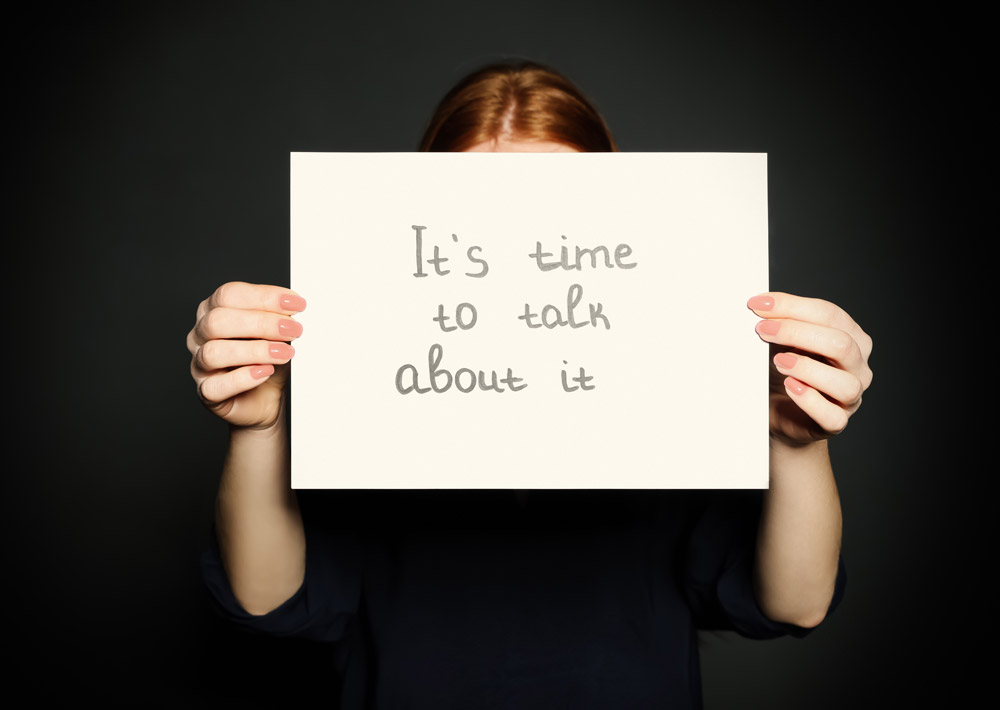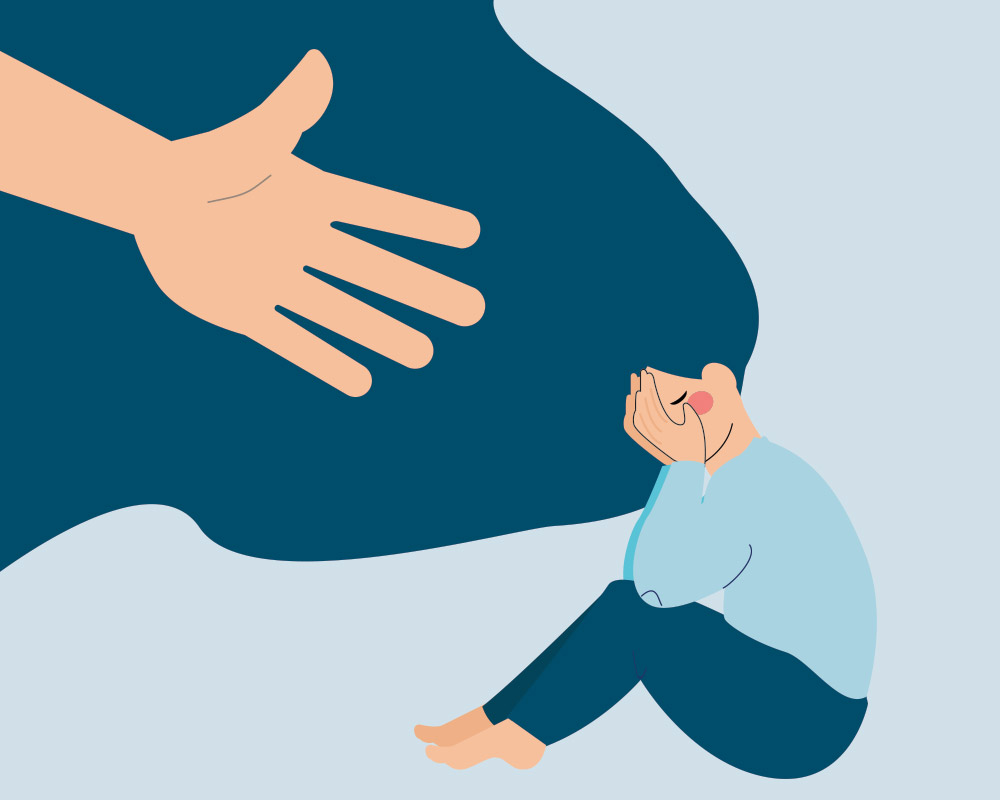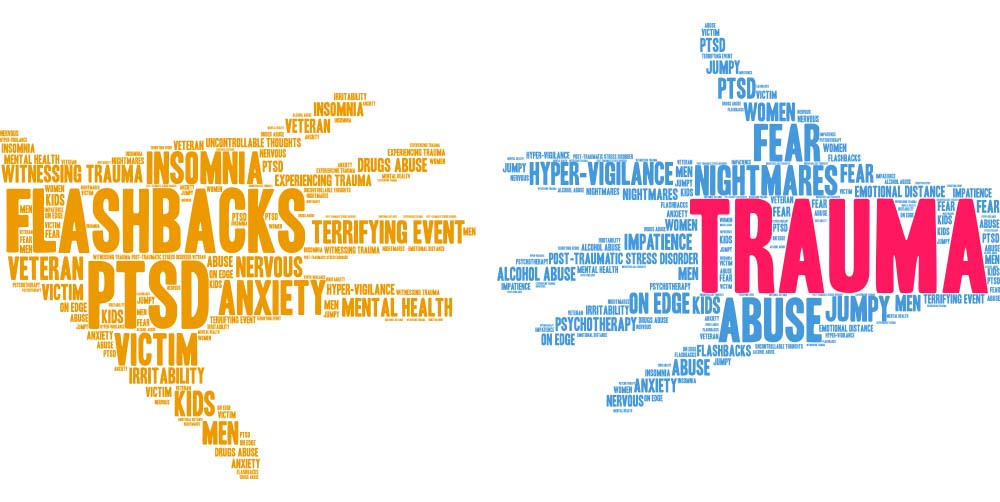Sexual abuse and violence occurs throughout the world, and can range from unwelcome glances, advances (which can be verbal), touch, and molestation to sexual assault and rape. While people from any gender can fall prey to sexual violence, history and data from around the world prove that women have forever been targets of sexual violence. Worse still, women of all ages, ethnicities, and socio-economic backgrounds have and continue to face sexual violence.
The World Health Organization (WHO) reveals that “up to one-third of adolescent girls report their first sexual experience as being forced”, and that in some countries, nearly one in four may experience sexual violence by an intimate partner. The impact of sexual abuse and violence, no matter what age you experience it at or what its nature is or was, runs deep. It can and does affect a woman’s physical health, but it also has a profound impact on a woman’s mental health.
Sexual violence and mental health
The WHO says that the underlying purpose of sexual violence, no matter who the perpetrator is, is “frequently the expression of power and dominance over the person assaulted.” This means that apart from causing physical injury, unwanted pregnancy, sexually transmitted infections (STIs), and a wide range of sexual and reproductive health problems, sexual violence also has a long-term impact on mental health. This is proved not only due to the fact that often, the cause of deaths after sexual assault and violence is suicide, but also by the way women with a history of sexual violence are more prone to mental health disorders.
Part of the reason behind this may be because survivors of sexual violence either suppress their experiences and memories (which affects their psyche forever), or do not get the justice they deserve for speaking up about it. Women who survive assault and violence are also often stigmatised and ostracised by their families and society at large.

The long and short of sexual violence
An Indian study published in the journal Clinical Epidemiology and Global Health in March 2020 reveals that all women who experience sexual abuse and violence experience psychological anguish, and may experience post-traumatic stress disorder at some point in their life. The study says that in the short term, women may experience any or all of the following feelings:
• A combination of fear and anxiety.
• Denial, shock, and disbelief.
• Guilt, hostility, and blame.
• Feelings of helplessness and loss of control.
These psychological feelings may be exacerbated by the short-term physical impacts of the same sexual assault or violence. These can include injuries, vaginal bleeding, pelvic pain, unwanted pregnancy, and STIs including HIV and AIDS, which can add to the physical and psychological burden.
The study also says that being unable to share the trauma experienced during such events of violence can make women feel trapped. This prolongs the experience of the trauma, leading to many long-term impacts, including episodic bursts of mental illnesses. The long-term impacts of sexual violence can include the following:
• Sleep disturbances, nightmares, and disorders.
• Eating disorders and body-image issues.
• Strained relationships with family, friends, and partners.
• Sexual health problems, like low libido, pain during sex, etc.
• Migraines and stress headaches.
• Anxiety disorders, obsessive compulsive disorder (OCD), PTSD, and depression.
• Low immunity and immune system problems.
• Substance and alcohol abuse, and health issues related to both.

Sexual violence in childhood
As indicated above, experiencing sexual abuse and violence as a child can have immense effects on your long-term mental health. Child sexual abuse, usually considered to be a major crime in most cultures and nations, is defined as any sexual activity with a child where consent is not or cannot be given. This includes sexual contact through force or threat of force, regardless of whether the child understands the sexual nature of the activity or not. Usually, children are unable to express or even comprehend the fact that they have endured abuse, which leads to behavioural problems—most of which are clinically seen as symptoms of child sexual abuse.
According to the American College of Obstetricians and Gynaecologists (ACOG), the after-effects of child sexual abuse can manifest in symptoms like self-harm or self-destructive habits, expressions of fear, shame, guilt, and self-blame, night terrors and nightmares, and symptoms of PTSD. If not identified immediately, these feelings can grow and lead to long-term mental health issues as well as risky behaviours which increase the risk of mental and physical health problems.
The ACOG also points out that survivors of child sexual abuse often do not develop self-protection skills, which in turn makes them susceptible to continued sexual abuse and violence as adults. While the effects of child sexual abuse are equally disabling for all who endure it, some other studies show that women who endured sexual abuse as children tend to have a higher risk of developing psychiatric disorders, predominantly depression and PTSD, when they grow up as compared to women who haven’t been through the same abuse.

Sexual violence in adulthood
The impact of surviving sexual abuse and violence during adulthood can be equally devastating for women. A 2018 study published in the journal BMC Public Health suggests that while the psychological impacts of severe sexual abuse, like rape and sexual assault, can be overwhelming and life-shattering, subtler forms of sexual abuse can also have a deeply distressing effect on your mental health. The study suggests that mental health issues like generalised anxiety disorder (GAD), depression, and PTSD are equally experienced by those who have survived subtler forms of sexual abuse and violence.
The study also measured if knowing the perpetrator made any difference to the psychological outcomes, and found that women who survive sexual violence from an intimate partner were more likely to suffer from PTSD than those who were assaulted by strangers. At the same time, women who survived sexual abuse from a known person (could be a relative, parent, friend or acquaintance) had higher risks of developing severe depression than those who were abused by strangers. This clearly shows that as adults, the break of trust in relationships that we deem to be safe can have more psychologically devastating effects.
This is not to trivialise the mental health impacts of being assaulted by a stranger, but to focus on the fact that no matter who the perpetrator is or how well you think you know them, the after-effects of sexual abuse and violence can be deeply harmful. So, getting appropriate help—whether it’s from people in positions of authority, family, friends, or your gynaecologist—when you have endured and survived sexual abuse and violence is very important. Even more crucial, given the deep impact such an incident or incidents can leave on your short- and long-term mental health, is talking to a certified trauma counsellor, psychologist, or psychiatrist. There is no denying that surviving sexual abuse and violence impacts all aspects of our health, so why not focus on healing mentally while you also heal physically?